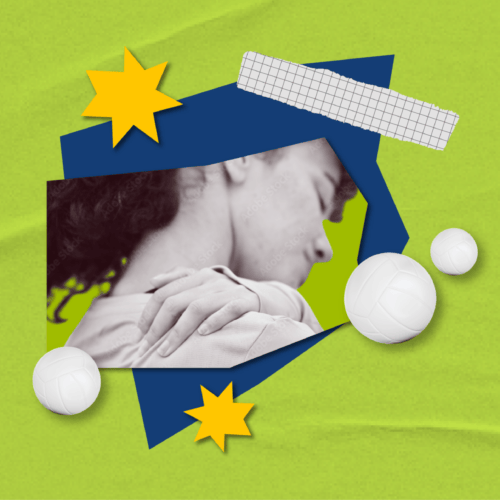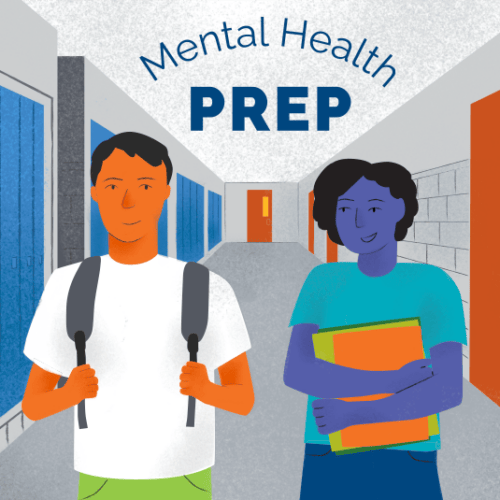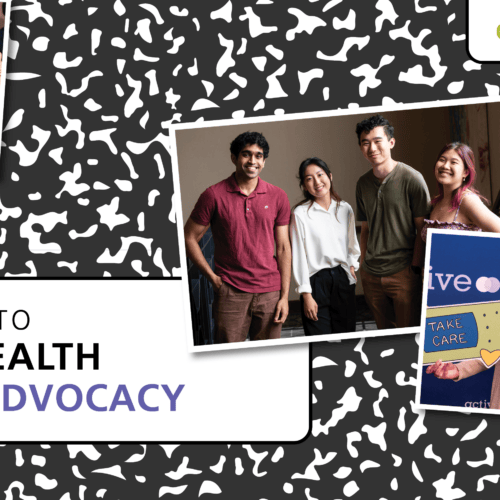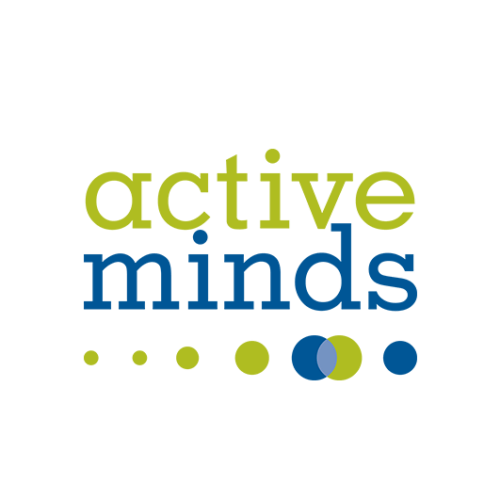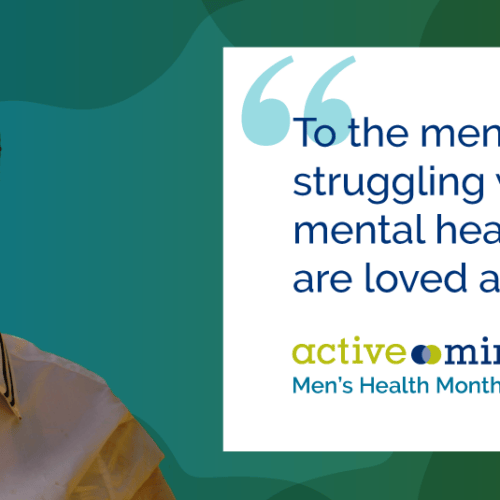Content Warning: This piece contains mentions of suicide.
As a former Division 1 beach volleyball player, I lived the intense pressure of student-athlete life. But the most defining moments came off the court — losing both my dad and my therapist to suicide. Those personal tragedies became the catalyst for my mission: to break the stigma around mental health and advocate for real change. I founded a group called Breaking Barriers in college, creating space for athletes to talk openly about injury, anxiety, grief, and suicide; topics too often ignored in sports. Now, as a Marriage and Family Therapy graduate student at Pepperdine and a professional in the mental health space, I’m committed to transforming pain into purpose and advocating for systems that genuinely support mental health.
We don’t talk enough about how messy mental illness can be. Growing up, I learned the mental health narratives we’re exposed to are missing the messiest parts. We only seem to want to talk about mental health when it’s easy or inspirational. Online, terms like “trauma” and “boundaries” are thrown around without context. But real healing requires more than that; it demands uncomfortable, honest conversations.
I first heard the word “suicide” at six when my dad, who was bipolar, died. For the longest time, it was never talked about. Years later, I learned my therapist had died by suicide while sitting in a high school class. I stayed silent, finishing the lecture like it was any other day. In both my Moroccan and Filipino communities, as well as within sports culture, silence was a sign of strength. I had to unlearn that and find a way to tell my story.
Someone dies by suicide every 40 seconds. It’s the second leading cause of death for people under 34. Yet we often only address mental health when it’s light, trendy, or palatable. In reality, respecting mental health means creating space to speak, to grieve, and to heal; even when it’s hard and uncomfortable.
In college, I saw how inaccessible mental health care was for athletes. Free campus resources were overbooked or didn’t fit our schedules. Many feared backlash from coaches for seeking help. I ran an anonymous survey to push for a sports psychologist: 70% of athletes felt neglected, and 83% didn’t trust coaches or staff with their mental health. The data was ignored — until it wasn’t. Months later, a psychologist was hired. Advocacy works. But institutional systems change slowly, and students encounter roadblocks. I started an organization on my campus, Breaking Barriers, where I facilitated weekly discussions on mental health topics relevant to our experiences as student athletes. This showed me the power of community in creating change by being vulnerable about our experiences.
Mental health support must be unconditional; it’s about showing up for each other and creating spaces where everyone feels seen, heard, and supported. We need more unconditional empathy, not to drain ourselves, but to create a safe space for those who need it, even if they’re the ones who always seem to be smiling. Leaning on others is crucial, and if someone doesn’t support you, they’re not your people. In college, I made it my mission to be the friend and teammate I didn’t always have. I was determined to advocate, listen, and be a reliable person to turn to. Real friends have uncomfortable conversations, check in, and truly listen. Today, as a graduate student and professional in the mental health space, I lean into this value of community care in ALL areas of my life.
Mental health resources must prioritize the whole person. Our brains, emotional health, and identities must be protected. Sports will end one day. School will end one day. But we will always live inside our own minds. That space should be treated as the priority it is. I’m not a product of my pain, but of my persistence. My story doesn’t define me — how I rebuild does. Advocacy starts locally, by calling out what’s broken and building what’s missing. Together, we can create systems where no one has to suffer in silence. Let’s stop talking about mental health and start building a world that actually supports it.



